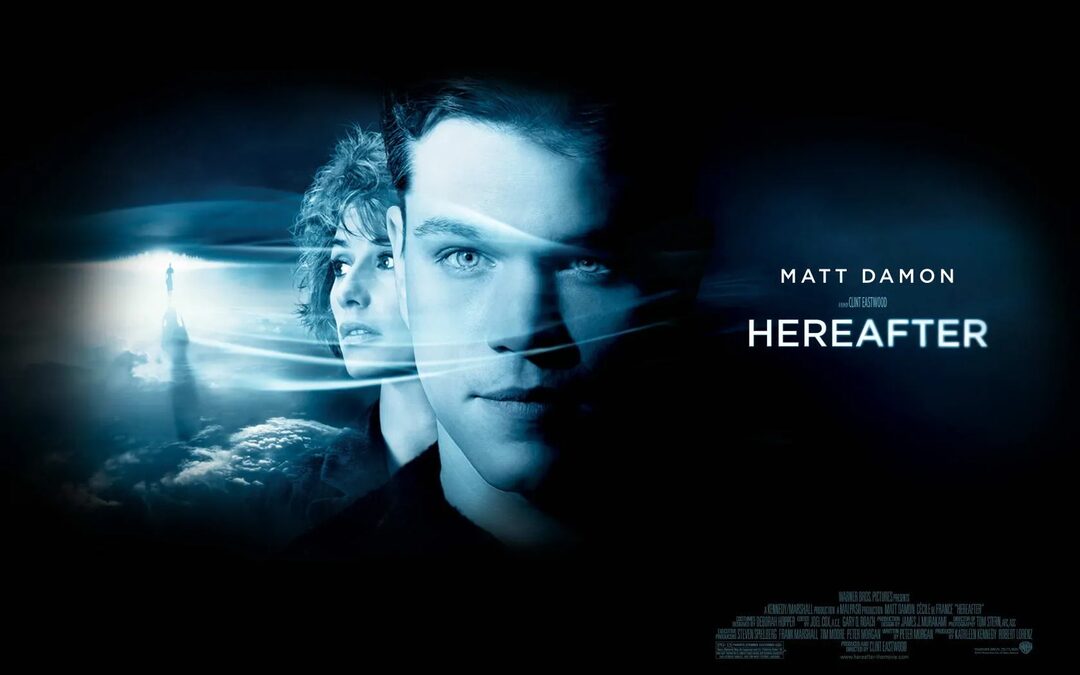Ethereal

"The Bourne Legacy" is currently in theaters. I had planned to find some time to go and watch it, but the absence of a familiar face on the poster has dampened my enthusiasm.
Matt Damon is one of the few actors I deeply admire. Like many legendary figures, he is a Harvard dropout—he left halfway through his studies because his numerous minor acting roles interfered with his academic progress, making it impossible for him to graduate. There are probably not many people in the world who, like him, would give up a promising academic career for the sake of film. The inclusive nature of American society allows individuals to pursue careers entirely different from their studies or majors, often leading to unexpected success. In contrast, in my homeland, such individuals might be labeled negatively, and once tagged, there's little chance for redemption. Explaining why one couldn't graduate from university normally could be a lifelong headache. Minor mistakes in youth can become lifelong stigmas, where people judge you not by your achievements but by some unscientific actions you took. Those with a criminal record are even more doomed, often dragging their entire families down with them.
I've watched many of Matt Damon's films, but the most memorable are the "Bourne" trilogy, "Good Will Hunting," "Saving Private Ryan," "Invictus," and "Hereafter." If I had to choose the one that left the deepest impression, it would be "Invictus."
"Invictus" is based on the true story of how former South African President Nelson Mandela inspired the South African rugby team, the Springboks, to win the 1995 Rugby World Cup. Starring Morgan Freeman and Matt Damon, the film showcases a rare unity in values between black and white cultures. Mandela's 27 years in prison did not defeat this frail black man; instead, it fueled his immense compassion. He not only became South Africa's first black president but also made unprecedented contributions to ending apartheid. The method he used to bridge divides was, surprisingly, a rugby match. The 1995 game between the South African Springboks and the New Zealand All Blacks united countless black and white South Africans, fostering a new set of values centered around South Africa as their shared homeland.
"Good Will Hunting," Matt Damon's breakout film, earned him an Oscar for Best Screenplay and a nomination for Best Actor, catapulting his career. The script was co-written by Damon and his neighbor Ben Affleck. This low-budget film, made for $500,000 in the 90s, grossed over $100 million, a box office miracle that has repeated throughout Damon's career. After the success of "Good Will Hunting," even Affleck's brother and their neighbor became hot stars in Hollywood. Later, "A Beautiful Mind," based on the life of John Nash, though a completely different type of film, also features a mathematician as the protagonist, set in a university, dealing with psychological issues, making it worth comparing.
"Hereafter" explores what happens after death—is it a world of complete darkness or a weightless, multi-threaded mode with white light? I've seen many films of this genre, and the concept of near-death experiences, which suggest a soul existing between life and death, has convinced many. If one could enter this state at will, what would the world be like?